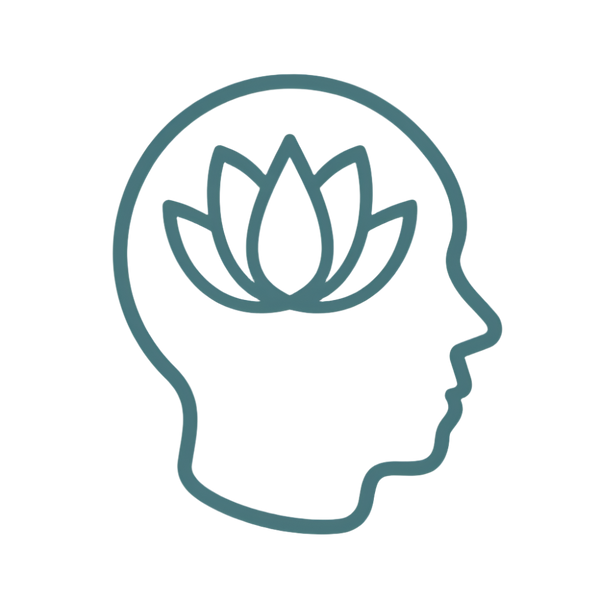
ADHD and Daily Burnout: Why Everyday Tasks Feel Exhausting
Share
ADHD and Daily Burnout: Why Everyday Tasks Feel Exhausting
Living with ADHD often means managing more than just a wandering mind. It’s the constant mental effort to stay organized, complete tasks, and manage emotions. This relentless push can lead to burnout — a state of physical, mental, and emotional exhaustion that often goes unnoticed until it hits hard.
Why ADHD Burnout Happens
ADHD brains work overtime to filter distractions, manage impulses, and maintain focus. This takes a significant toll. Unlike neurotypical individuals, people with ADHD often experience burnout not just from big stressors but from the cumulative effect of small, everyday tasks.
-
Mental Fatigue: Constantly redirecting focus drains cognitive energy.
-
Emotional Overload: Struggling with emotional regulation can lead to frustration and exhaustion.
-
Task Paralysis: Avoiding or procrastinating on tasks creates guilt and stress, worsening burnout.
-
Sensory Overwhelm: Loud environments, bright lights, or too many stimuli can be overstimulating.
Signs You Might Be Experiencing ADHD Burnout
-
You feel physically and mentally drained, even after a full night’s sleep.
-
Tasks that once felt manageable now seem overwhelming.
-
You’re easily irritated or emotionally sensitive.
-
You withdraw from social activities or isolate yourself.
-
Concentration feels impossible, and motivation is non existent.
How to Recover from ADHD Burnout
The good news? Burnout is manageable, and recovery is possible with intentional self-care. Here’s how you can start:
1. Prioritize Rest and Sleep
Quality sleep is essential for ADHD brains. A weighted blanket can provide deep pressure stimulation (DPS), promoting relaxation and reducing anxiety for better rest.
2. Practice Gentle Movement
Activities like stretching, yoga, or walking can release built-up tension and stimulate dopamine production, improving mood and energy.
3. Create ADHD-Friendly Routines
Structure your day with realistic to-do lists. Use visual timers and break tasks into smaller steps. Embrace flexibility and adjust when needed.
4. Engage Your Senses
Calming sensory input can regulate your nervous system. Weighted blankets, fidget toys, or soothing music are excellent ways to find relief.
5. Set Boundaries and Say No
Protect your energy by recognizing your limits. Practice saying no without guilt, and allow yourself time to recharge.
Find Calm in the Chaos
Burnout is not a sign of failure; it’s a signal that your mind and body need rest. By understanding and addressing the unique challenges of ADHD burnout, you can build resilience and regain your energy.
For a calming solution that can support your nervous system, explore our premium weighted blanket — designed to provide comfort and relaxation for ADHD minds.
[Shop Now] and experience the soothing benefits for yourself.
